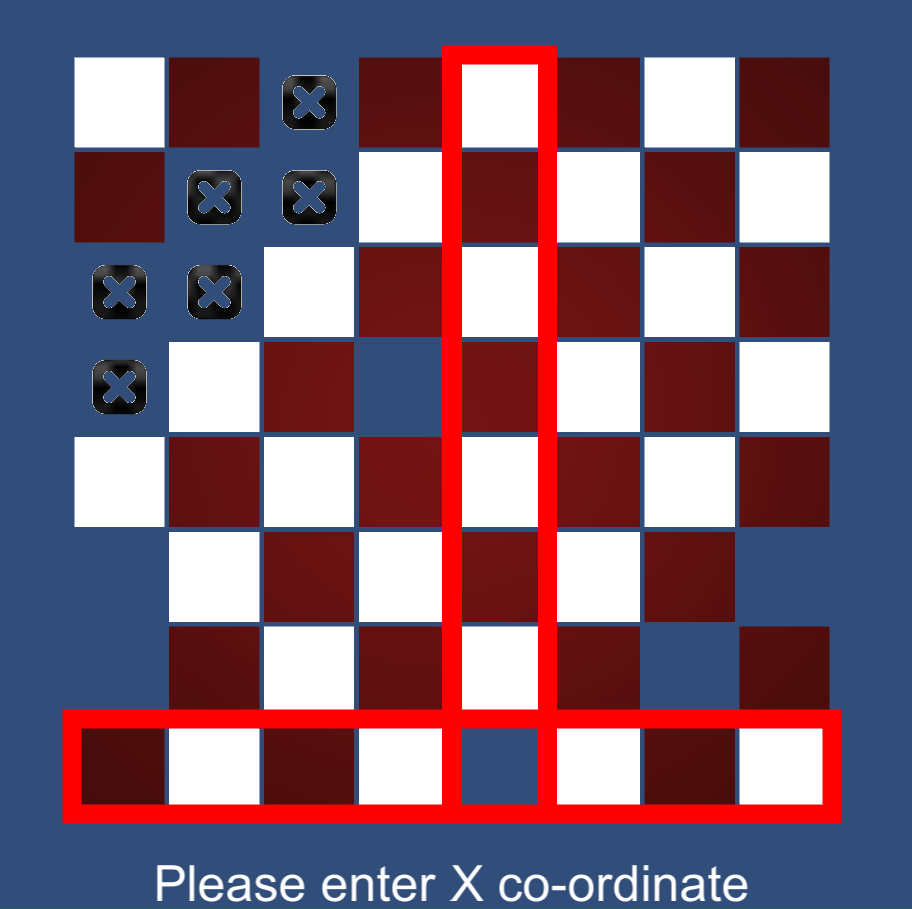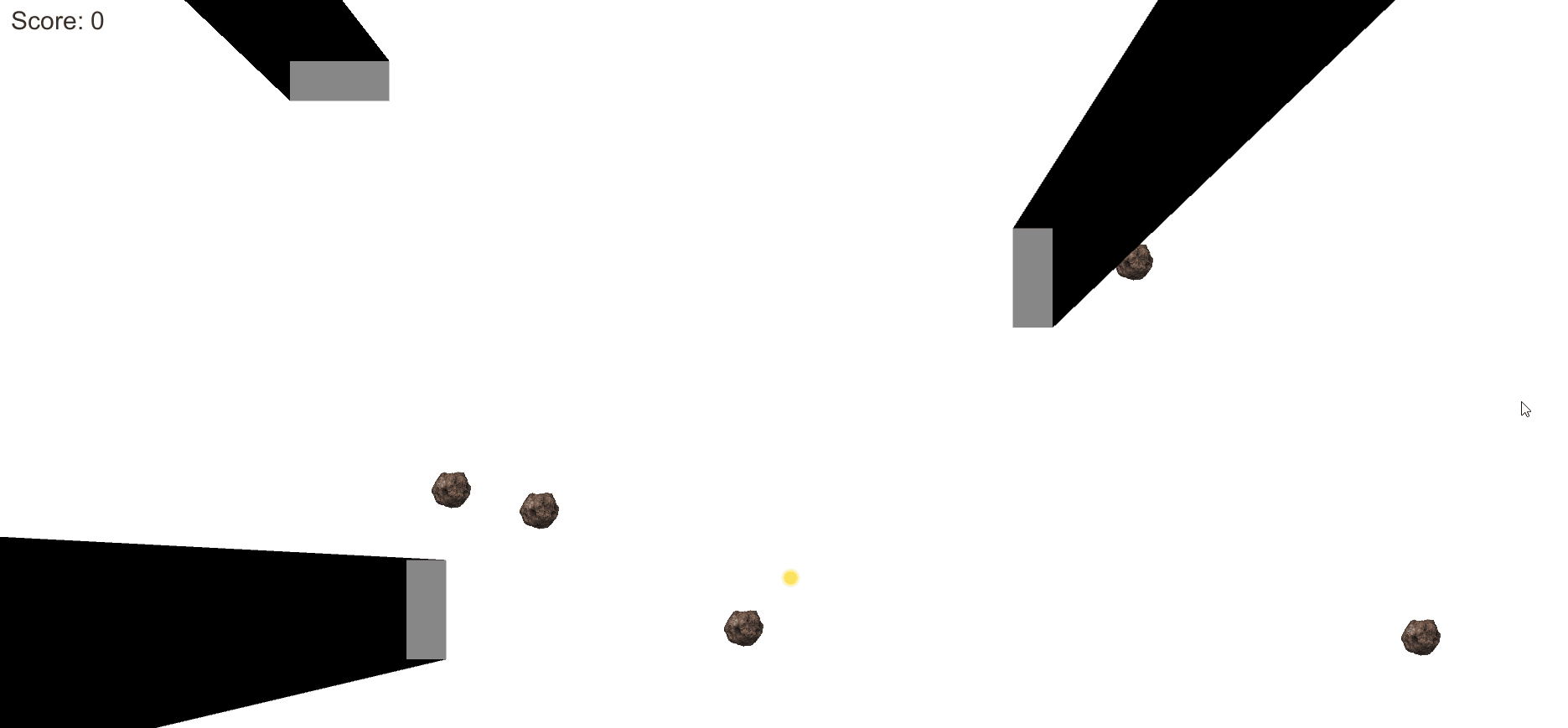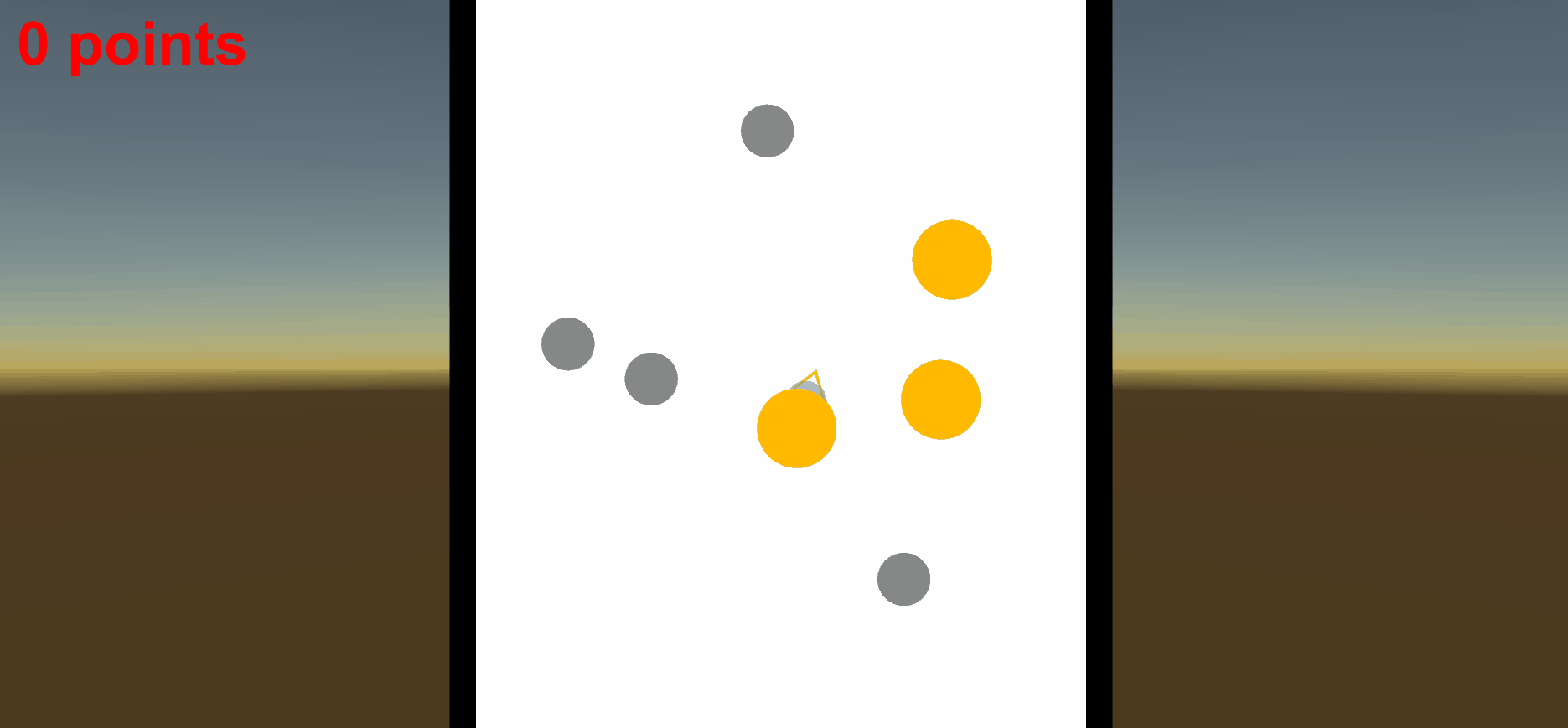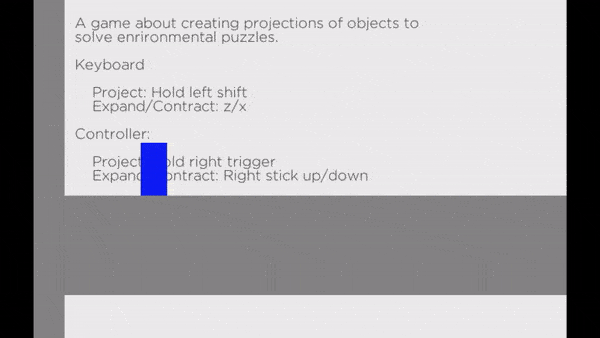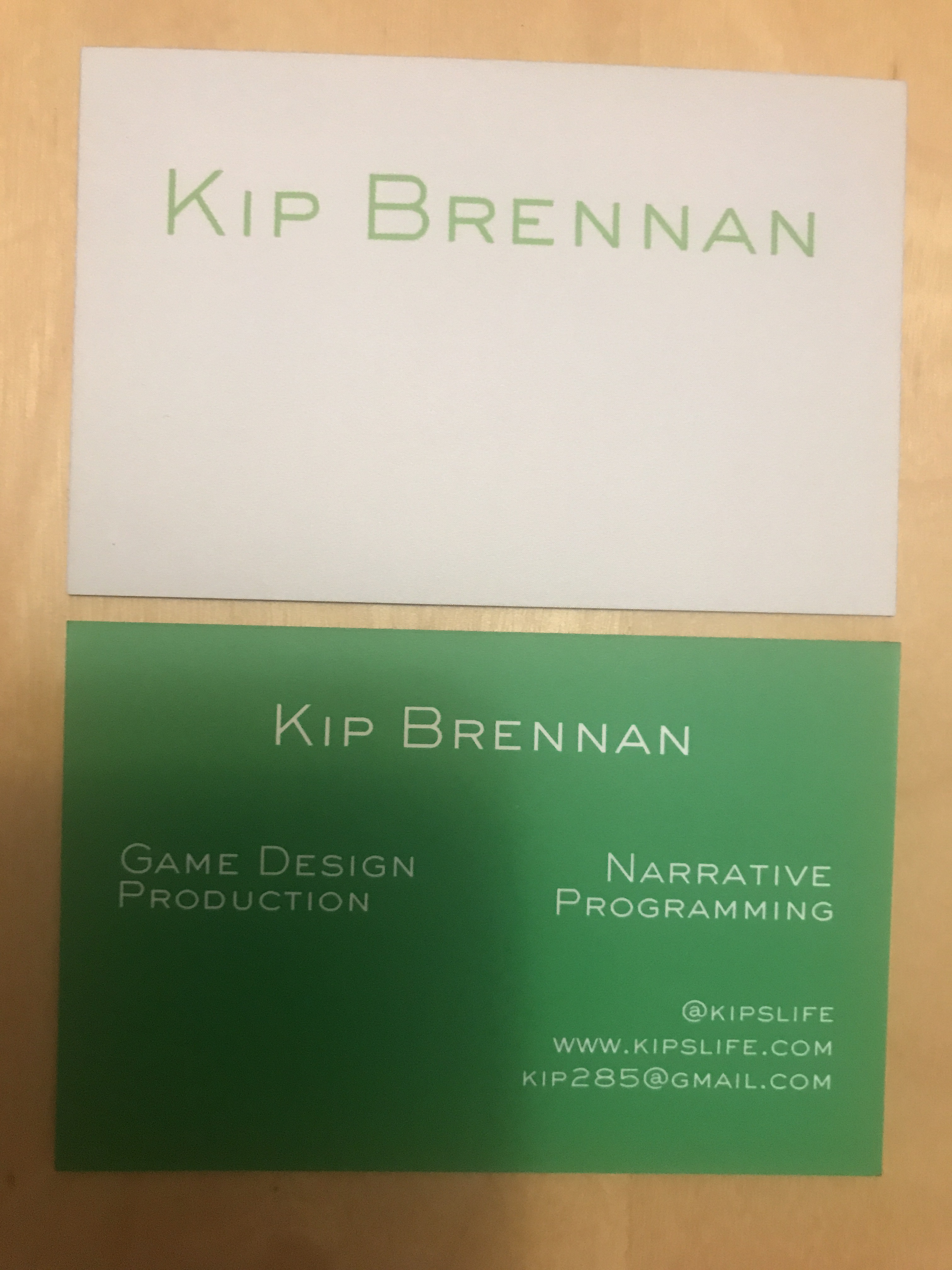Yesterday (Saturday) I attended this pretty excellent series of talks put on by APRA AMCOS (A music and musicians representative body – learn more about them here: http://apraamcos.com.au/).
The day involved a series of four talks from musicians and composers that work in the games industry and was all about informing music creators what they needed to know/learn/find out in order to start getting involved in games.
I attended as a game developer hoping to learn a bit more about sound design and implementation. So I didn’t really end up getting what I thought I was going to get out of the day.
But, what I did get was super informative and totally worthwhile.
The first talk was given by Meghann O’Neill. Meghann ran us through a series of games showing progressively more complex music management systems that reacted to the player’s actions in more creative ways. These ranged from simple stings that were triggered by player death, all the way up to systems that would track the game state and play specific pieces of music in response. It was really cool to see some of the examples that she showed using sounds and music in different ways to give feedback to players.
Meghann also went into a fair bit of detail about the Australian and Melbourne gaming scenes. This included statistics of what roles are usually within game development teams (lots of programmers and artists, few producers and audio people).
After morning tea we heard from Jared Underwood and Ash Ringrose of SMG Studios. Jared is a musician and composer who creates music for Ash’s game development studio. Ash described it as a ‘monogamous collaboration’. This talk covered some really great info on creating a brief for a composer, as well as how to respond to a brief and how to work through the feedback process.
It was great to see this conversation from both sides. Ash made it pretty clear that he wasn’t really across all of the musical lingo, and Jared emphasised how much more useful it was to receive a brief that referenced a mood. As someone not trained in any sound design, it was good to hear that a useful brief can still be generated without requiring any particular level of knowledge.
They also covered how important is was to be honest and open in the feedback process. Responding to a brief is an iterative process and it is extremely rare to get the exact sound you are seeking on the first go. It’s important that you give honest feedback to get the best results.
Following lunch we heard from Maize Wallin. Maize went over a lot of the software programs that are used to implement sounds into games, as well as the programs usually used within game development teams. I was particularly interested to get an idea of the third party plugins that are used to provide greater functionality for audio in Unity. I’ve only worked Unity’s built-in audio functions before, so seeing what could be done with the plugins was an eye opener! I’m definitely going to dig a bit deeper into these.
Talking with a few of the other attendees afterwards it became clear that the majority of the programs that Maize had discussed were totally new to them. I gave a couple of people quick run downs of Slack and Trello and very basic explanations of Unity and Unreal. It was interesting to see how these tools (which I kind of take for granted now) were completely new to the rest of the audience. Maize pointed out how beneficial it was to have at least a working knowledge of all of these tools if you wanted to work within game development. Being able to sit in a job interview and say that you already know how to use all of these programs would be a huge benefit.
We ended the day with a Q&A session with Neal Acree, a composer of video game soundtracks. This talk was more about his experiences working to make music for games and game trailers and his history within the industry. It was interesting to hear about the various briefs and instructions that he has been given over his career, and the degree of freedom or explicit direction he had been given to develop music for games.
All-in-all this was a really good day and I learned a lot from it – even though it wasn’t exactly what I had expected it to be going in.
If anything, I would have to say that this event was a real lost opportunity for the game development industry. I was one of very few game development people in the room, and as a result I had a whole bunch of people wanting to talk to me in the breaks about game development and how I talk to, and about, music and audio.
It is clear that there is a huge pool of audio people who are keen to make contact with and work with game developers. If something like this happens again I would highly recommend that game development folk attend.
As a final note – it was great to attend a series of talks where half of the presenters were women. Great work APRA AMCOS.
